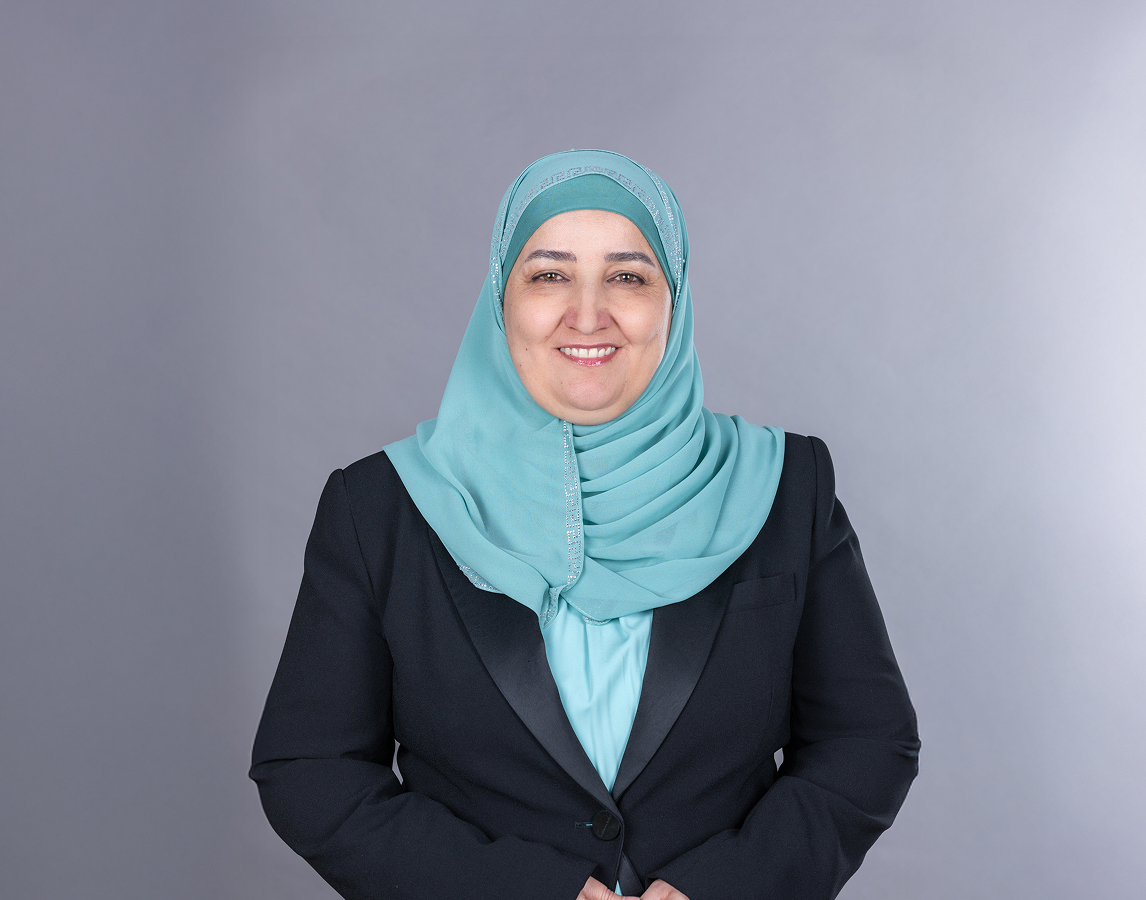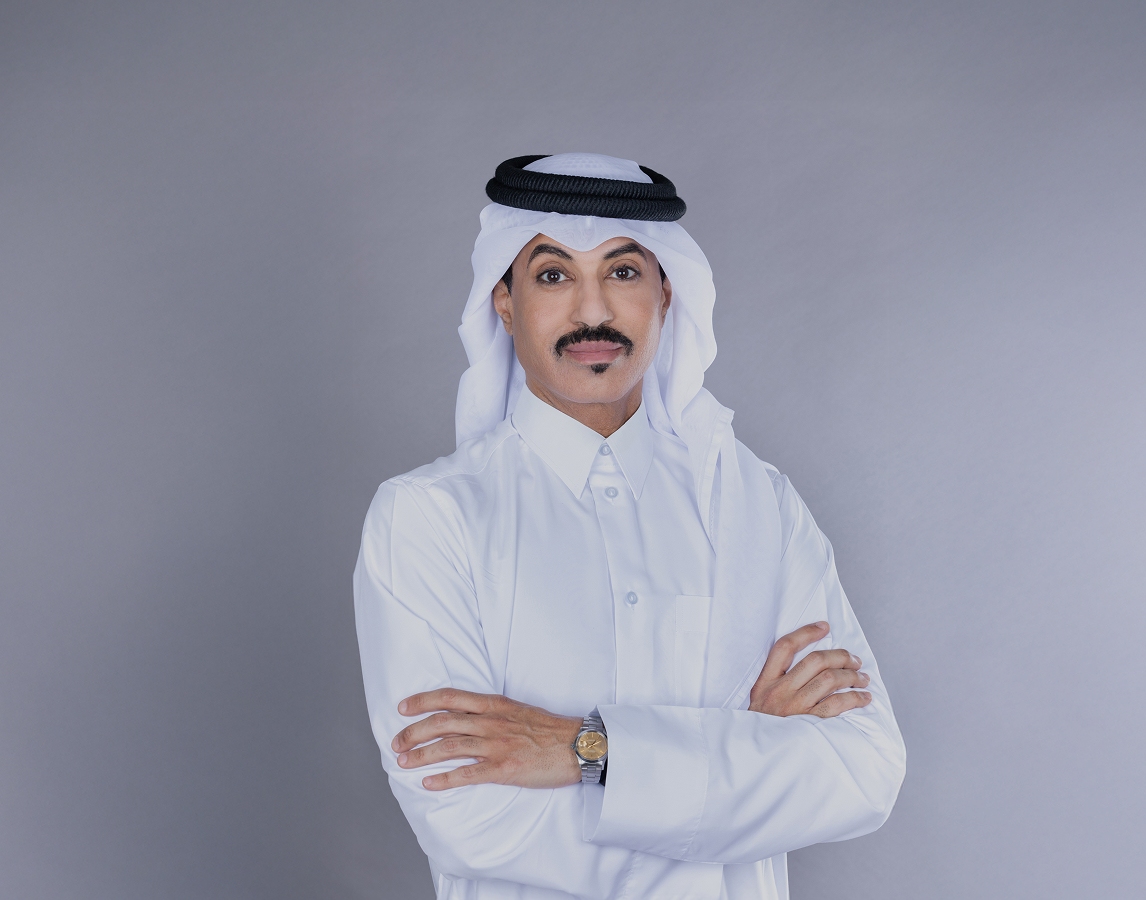Do we consider spirituality and religious beliefs enough in palliative care?

By Maha El Akoum, Head of Content, WISH
WISH in partnership with the Pontifical Academy for Life (PAL) and the British Medical Journal (BMJ) hosted a two-day interfaith symposium in the Vatican City on December 11-12, 2019. The event focused on two main areas: palliative care and the mental health of the elderly and it examined the role religion plays in providing holistic, ethical care.
The first day was focused on palliative care. Quite naturally, as people approach death, they often turn to religion and spirituality to cope – so spirituality is almost always part of the discussion when it comes to end-of-life care. WISH and PAL engaged leaders and scholars from the Muslim, Christian and Jewish faith who presented their different (or similar rather) perspectives on ethics in palliative care. Immediately it became quite obvious that all religions face the same ethical issues and that they were also in agreement about the solutions or answers. Some religious notions that influence attitudes and responses towards palliative care include a general hesitancy to use opioid-based medications for pain relief, families’ lack of trust in the patient’s ability to make decisions about their care, and a general reluctance to withdraw aggressive life-saving measures when faced with inevitable death.
It is in these situations that patients and their families generally resort to seeking advice guidance from religious experts such as hospital chaplains (be it a minister, priest, pastor, rabbi, sheikh or imam). However, with ever-tightening healthcare budgets, these crucial roles are often not only overlooked, but even questioned in the face of financial constraints. In fact, in 2017, the Guardian published an article titled “Are hospital chaplains a waste of NHS money?”. Here, the author Rin Hamburgh, poses the question of whether chaplains were really worth the expense to the NHS and by extension the taxpayer, arguing that only a very small number of patients will ever resort to spiritual care as part of their care pathway.
One panel discussion addressed this issue of providing spiritual care head on. The main question the panel members (that included representatives from PAL, a Muslim chaplain and a nursing leader) examined was whether an interfaith approach could better highlight and promote the role of spirituality in the provision of palliative care. The panel discussion stressed upon the vitality of chaplains and the importance of supporting their roles by providing proper training for healthcare workers to equip them with the necessary tools to provide spiritual support. It was agreed that this was crucial to providing good-quality, holistic palliative treatment.
As researchers and organizers, naturally we wanted to get a better insight (by quantifying and analyzing statistics of course) of the status quo. The conference delegates and speakers were asked to answer yes/no to the question “do you believe that medical systems give enough consideration to religion and spirituality when providing palliative care?”. The results showed the following:

Shocking? Probably not. We have known for a long time that we need to do more and train more to get to the “ideal” that we describe. This was also reiterated by every speaker in the symposium thus far (and throughout the entire two days). The first thing that came to mind when those numbers came up on the big screen was how 15% actually think that their countries are doing a good job. Which countries do these medical systems belong to? Or perhaps, these respondents personally had either no direct interaction with palliative care services and therefore didn’t have enough knowledge- in which case we should have added “I don’t know” as a response category. If only votes were linked to contact details so we could ask follow-up questions. But, since they aren’t, we thought maybe it was worth asking you. Thoughts?



